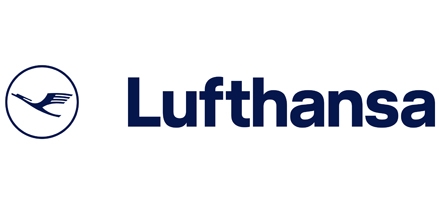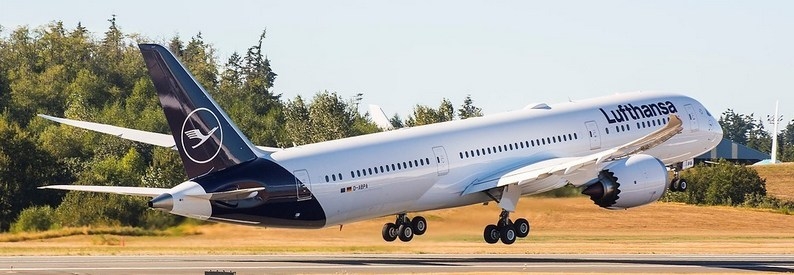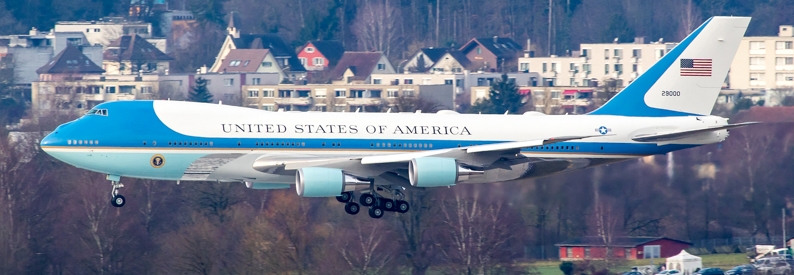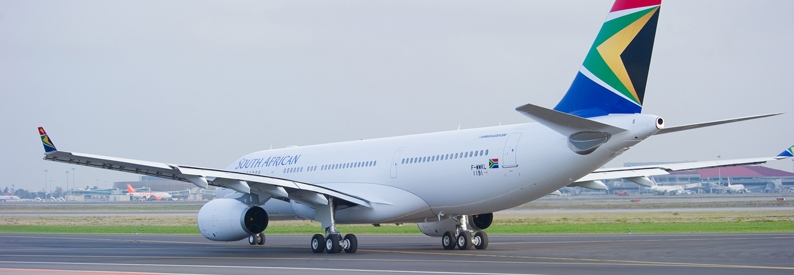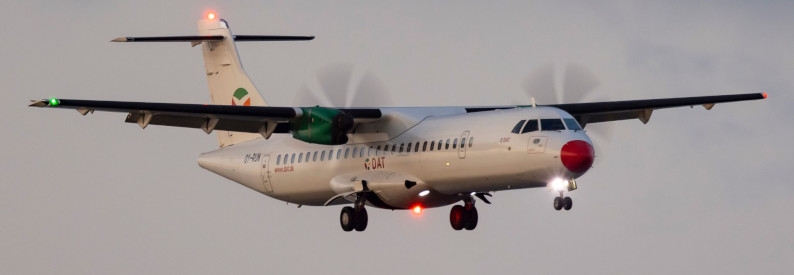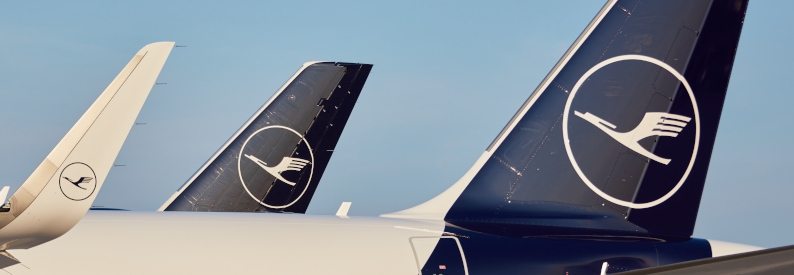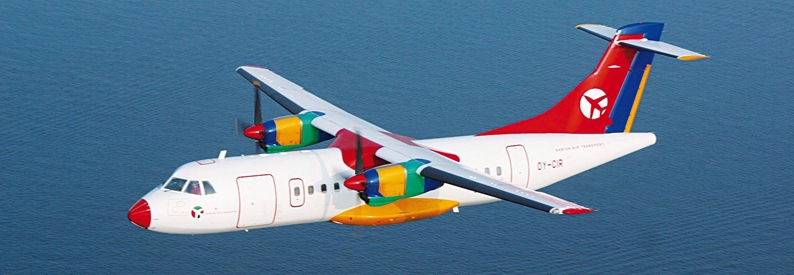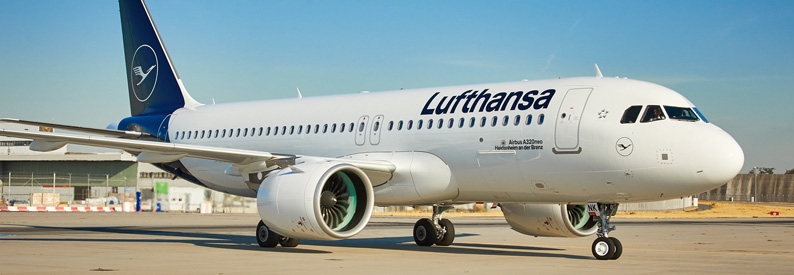Lufthansa (LH, Frankfurt International) has paused all new projects and is reassessing its administrative staffing needs to cut operating costs and stem heavy losses sustained in the first quarter of 2024, mainly attributed to strikes and wage disputes with employee groups within Lufthansa Group and employees at system partners.
The parent reported an adjusted EBIT (operating) loss of EUR849 million euros (USD909 million) for the quarter, more than triple the EUR273 million (USD292 million) loss in the same period in 2023. About EUR350 million (USD374 million) of the sum was directly attributed to the impact of the strikes on Lufthansa's operations.
Despite a 5% increase in revenue to EUR7.4 billion (USD7.9 billion) and a 12% rise in passenger numbers to 24 million, the strikes weighed heavily on the German flag carrier's first-quarter performance. Unit costs rose by 2.9% year-on-year, while yields fell 2.5%, partly due to strike-related uncertainty among customers and the resulting lack of high-priced last-minute bookings.
"We cannot be satisfied with the operating result for the first quarter; at more than EUR350 million [USD374 million], the various strikes had a significant impact on our result," group CFO Remco Steenbergen commented. "In the coming months, we will work intensively to compensate for the effects of rising costs. We have taken additional measures to this end, particularly at Lufthansa Airlines, which is significantly affected by rising personnel expenses and fees. I remain convinced that we will be able to achieve stable unit cost development for the year as a whole without taking the strikes in the first quarter into account."
Chairman and CEO Carsten Spohr was equally optimistic about the company's outlook now that long-term wage agreements have been concluded with most employees, providing "planning certainty and clarity".
"We are now leaving the first quarter behind us, which was mainly impacted by strikes, and are at a turning point. We have reached long-term wage agreements for the majority of our employees. This means planning certainty and clarity for the coming years. We are still seeing strong demand, which is even higher than last year for the summer. We are therefore continuing to expand our offering and are growing on long-haul routes in particular," he said.
"Our planes remain well-filled throughout. One thing is already clear: it will be another very strong summer. I am particularly pleased we are continuing to see a positive trend not only among leisure but also business travellers. We are now devoting all our energy to further expanding our premium customer offers and ensuring punctual and reliable flight operations."
Last month, the group said it expected operating results in the second quarter to be down from 2023 because of the effects of the now-settled wage disputes on short-term demand for travel bookings. In addition, the capacity ramp-up in the second quarter is forecast to be slower than originally planned because of delays in new aircraft deliveries.
The wage disputes involved ground handlers represented by Vereinte Dienstleistungsgewerkschaft (Verdi) and 19,000 flight attendants under the Unabhängige Flugbegleiter Organisation (UFO) banner. Their demands were part of negotiations over collective bargaining agreements, with the unions pushing for improved employee wages and working conditions. On April 11, Lufthansa Group and UFO agreed on a 16.5% wage increase phased in over the next three years. On March 28, it also settled on a 12.5% rise for Verdi members.
- Type
- Base
- Aircraft
- Destinations
- Routes
- Daily Flights
